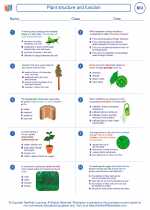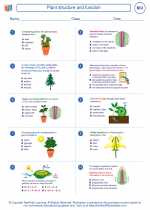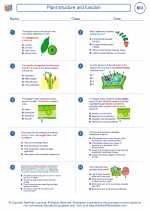Invertebrates
Invertebrates are animals that do not have a backbone or spinal column. They make up about 97% of all animal species on Earth and are found in a wide range of habitats, from the depths of the ocean to the highest mountains.
Classification of Invertebrates
Invertebrates are classified into several groups based on their characteristics. The major groups of invertebrates include:
- Porifera (sponges)
- Cnidaria (jellyfish, corals, sea anemones)
- Platyhelminthes (flatworms)
- Nematoda (roundworms)
- Annelida (segmented worms)
- Mollusca (snails, slugs, clams, octopuses)
- Arthropoda (insects, spiders, crustaceans)
- Echinodermata (starfish, sea urchins, sea cucumbers)
Characteristics of Invertebrates
Despite their diversity, invertebrates share some common characteristics:
- Absence of a backbone
- Diverse body plans, from simple to highly complex
- Most have an exoskeleton or some form of external support
- Most have bilateral symmetry
- Many have a well-developed nervous system
Importance of Invertebrates
Invertebrates play crucial roles in ecosystems and have significant ecological and economic importance. They serve as pollinators, decomposers, food sources, and contribute to nutrient cycling in various ecosystems.
Study Guide
When studying invertebrates, it's important to focus on their diversity, characteristics, and ecological roles. Here are some key points to include in your study guide:
- Learn the major groups of invertebrates and their distinguishing features.
- Understand the ecological roles of invertebrates in various ecosystems.
- Explore the diversity of invertebrate body plans and adaptations to different environments.
- Consider the economic importance of invertebrates, such as in agriculture and medicine.
- Examine the impact of human activities on invertebrate populations and their habitats.
◂Biology Worksheets and Study Guides High School. Plant structure and function

 Worksheet/Answer key
Worksheet/Answer key
 Worksheet/Answer key
Worksheet/Answer key
 Worksheet/Answer key
Worksheet/Answer key
 Vocabulary/Answer key
Vocabulary/Answer key
 Vocabulary/Answer key
Vocabulary/Answer key
